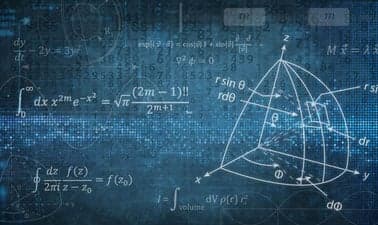DelftX: Pre-University Physics
Prepare for your technical studies by reviewing the fundamentals of physics. Become familiar with the way physics and physics-related topics are taught at university level.

- Certification
- Certificate of completion
- Duration
- 5 weeks
- Price Value
- $ 50
- Difficulty Level
- Introductory









